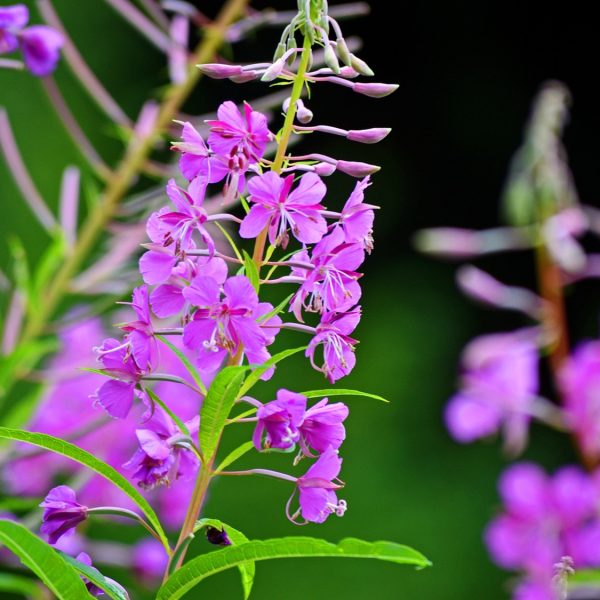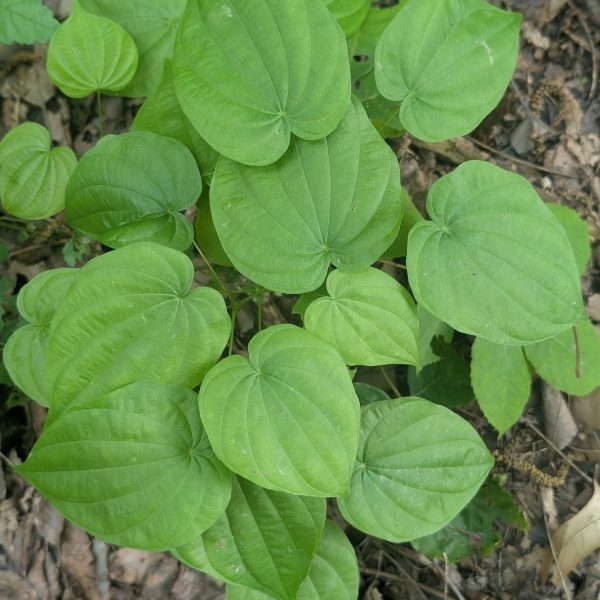“One of the penalties for refusing to participate in politics is that you end up being governed by your inferiors.” – Plato
It’s all political

In a way, if being political means standing up for what you believe in, everything we do is consciously or unconsciously political. From the food we eat, the newspapers we read to the opinions we spout, we are expressing our views. These behaviours influence how we live together and how society is managed, as our collective world view ultimately leads to political power. Everything we buy, consume, use and do ultimately has a social and political consequence. In a world dominated by seemingly intractable established political and economic forces, this personal agency gives us some sense of individual autonomy. Whilst it is not always easy, and some have more choice than others, we can choose where we invest our resources. But are we making the choices that meet our values and lead to the world we want? Are governments encouraging us to make the right choices?
For example, the political and economic values of the last century have largely led to the current disruption of Nature, that is now overflowing into widespread health disruption, resulting in a ‘climate health emergency’. Whether it’s urban air pollution from nitrogen-fertiliser particulates exacerbating the asthma crisis, or the industrialised agricultural-food model leading to poor diet resulting in the diabetes epidemic, or deforestation coupled with poor animal husbandry causing an increase in infectious diseases, the consequences on health are significant. The current health and medical ideology is evidently not helping enough people enough of the time. It is certainly not working with Nature. We urgently need a harmonised approach to both human, economic and ecological health that is good for the individual, affordable and benefits the ecosystem.
Biomedical dominance
Given the history of medicine it is no surprise that the dominant Biomedical view receives enormous political patronage and financial support. Whilst much of modern medicine is obviously beneficial, the negative economic and ecological impact is significant; more than 12% of GDP is spent on healthcare in the UK (1), the NHS causes 4% of UK carbon emissions (2), the pharmaceutical industry causes 4% of global carbon emissions, and the widespread environmental pollution caused by consuming over 100,000 tonnes of pharmaceutical products a year is threatening areas of ecological stability (3). As the European Environmental Bureau says:

“Despite the high concerns on the threats posed by pharmaceuticals, their releases into the environment are almost unregulated:
- Information on the environmental impacts of APIs is not available to the public or authorities.
- The assessment of the environmental risks covers only a minority of pharmaceuticals.
- There are insufficient monitoring requirements and no specific emission limits in place for releases of API from manufacturing plants.
- There are no limits in place for the content of pharmaceuticals in drinking water, in surface water, or wastewater, not even from hospitals’ effluents.
- There are no specific regulations for the management of most medicinal product waste.
- There is no obligation to monitor or regulate medicinal pharmaceuticals present in sewage sludge or in manure used in agriculture.
As well as other chemical pollutants such as pesticides, biocides or industrial chemicals, the emission of pharmaceuticals into the environment needs to be regulated to ensure adequate information and transparency on the environmental impacts of pharmaceuticals; adequate and reliable evaluation of environmental risks of pharmaceuticals; to prevent environmental releases of pharmaceuticals throughout their life-cycle; and to control emissions of pharmaceuticals to the environment when prevention is not feasible.” (6)
It is important to recognise that the UK National Health Service became the first health service in the world to declare a goal for and pathway to Net Zero by 2040/45.
A climate health crisis

All this emphasis leaves little room for complementary and alternative views that may further a more sustainable approach to healthcare. Ironically, in the face of this ‘climate-health crisis’, Nature, plants and herbal medicine are way down the list of political and academic priorities. There has not been one Biology undergraduate in the UK for over a decade and plants appear to be disappearing from academic focus (4). Our plant ignorance to the natural world is evident in the lack of support it receives; “taxonomic and aesthetic biases permeate biodiversity conservation” resulting in plant conservation being much less financed than animal conservation (5). And it’s not just plant ignorance, but also fungi ignorance as the authors continue, “mycologists have repeatedly emphasised that fungi are systematically ignored in global biodiversity goals”. As are “organisms living in out-of-sight ecosystems such as soils, caves, and deep-sea”.
These unconscious biases are reflected in behavioural habits, purchasing choices, sustainability decisions, societal engagement, lifestyle decisions, and approaches to health. As a result we have a situation where herbal medicine receives very little political support in the UK (Europe and US too) and there is a lack of awareness about the benefits of seeing a professional herbalist. Whilst there are many good schools to study professional herbal medicine only one degree course remains in the UK.
In his iconic ‘Limits to Medicine’, Ivan Illich, starts by saying, “the medical establishment has become a major threat to health…..the layman and not the physician has the potential perspective and effective power to stop the current iatrogenic epidemic.” Unfortunately, this quote from 1975 still holds true; iatrogenic illness consistently ranks high in the mortality and injury tables. So, what can the ‘layman’ do?
Sustaining life
In order to see how herbal medicine can be applied to everyday behaviour and the sustainable future we want, we need to review the underlying principles and evidence; how does it work, and most importantly, does it? The main herbal traditions are the oldest continuously practised system of health and they follow some fundamental principles:

- If you follow the laws of Nature you will be healthy. Ill health is caused by ignoring the rhythms and patterns of Nature
- Health is rooted in the individual and their unique constitution
- Prioritise a preventative approach by following the laws of Nature
- Promote health optimisation by knowing your personal healthy tendencies
- Belief in the life-force and that it can be regulated with diet, herbs, exercise
There are now hundreds of studies showing how effective herbs and herbal medicine are. Working means they:
- Effectively remove the causes and the symptoms of suffering and disease
- Improve health and vitality
- Are safe with minimal or no side effects or risk of harm
- Are practical to use for the duration of the required time they take to be effective
- Are affordable for the individual, for society and the ecosystem
Inherent within these traditional systems of health is the idea of ‘sustaining life’, as the Indian concept of dharma and Chinese ideas of the Tao refer to. In theory, the approach of working with Nature leads to an appreciation that can result in living a more sustainable lifestyle. But theory is theory and just because these principles are inherent within herbalism does not mean that there are no issues with sustainability. There are many urgent issues threatening the availability and quality of the materia medica; overharvesting, climate change, depopulation in collection areas andregulatory frameworks. Fortunately, many communities, businesses and environmental NGOs (such as FairWild, Traffic, UEBT, the Medicinal Plants Specialist Group, United Plant Savers) are working to grow and source better herbs.
So if herbal medicine can contribute to a more sustainable future as well as improved health, might it be the right place to invest time in learning more? If you want a sustainable future are there ways you can bring more of this natural approach to sustainable health into your life with a home herbalism approach to your wellbeing? As a supporter of natural health and consumer of herbs, the food and herbs we buy become a political act. As we choose to invest our time and money in something sustainable we create a demand for what is needed, and the future we want.
References
- TheBMA. Health Funding Data Analysis. The British Medical Association is the trade union and professional body for doctors in the UK. https://www.bma.org.uk/advice-and-support/nhs-delivery-and-workforce/funding/health-funding-data-analysis. Accessed April 4, 2023.
- Delivering a Net Zero NHS. NHS choices. https://www.england.nhs.uk/greenernhs/a-net-zero-nhs/. Accessed April 4, 2023.
- John L. Wilkinson Alistair B. A. Boxall, Dana W. Kolpin +123 Charles Teta Authors Info & Affiliations Pharmaceutical pollution of the world’s rivers February 14, 2022, https://doi.org/10.1073/pnas.2113947119
- Stroud, S., Fennell, M., Mitchley, J., Lydon, S., Peacock, J., & Bacon, K. L. (2022). The botanical education extinction and the fall of plant awareness. Ecology and Evolution, 12, e9019. https://doi.org/10.1002/ece3.9019
- Adamo M, Sousa R, Wipf S, Correia RA, Lumia A, Mucciarelli M, Mammola S, Dimension and impact of biases in funding for species and habitat conservation, Biological Conservation, Volume 272, 2022, https://doi.org/10.1016/j.biocon.2022.109636.
- The problem of pharmaceutical pollution – EEB – the European Environmental Bureau. EEB The European Environmental Bureau. https://eeb.org/the-problem-of-pharmaceutical-pollution/. Accessed April 4, 2023.
































